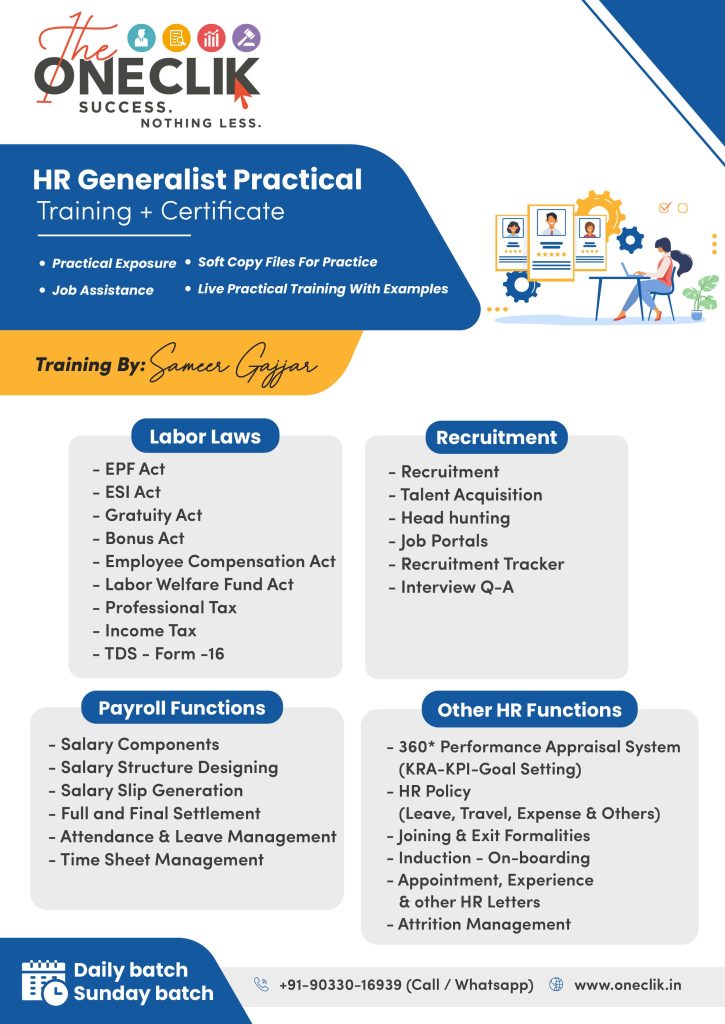![]()
A recent study conducted by researchers from the National Institute of Nutrition (NIN) in Hyderabad has revealed that a significant portion of IT employees in Hyderabad are at risk of developing non-communicable diseases (NCDs) due to their lifestyle choices, lack of physical activity, and high levels of stress in their workplaces.
The study, published in the international journal ‘Nutrients’ in August 2023, focused on IT employees with an average age of 30. It found that around 46% of participants exhibited three or more metabolic risk factors associated with NCDs, such as low HDL levels, elevated waist circumference, and certain biomarkers linked to increased NCD risk.
Dr. Hemalatha R, the Director of NIN, pointed out that the health and well-being of IT sector employees, who contribute significantly to the nation’s progress, have become a growing concern. A substantial portion of workers, particularly those aged 26 to 35, face prolonged periods of these risks, leading to chronic inflammation and making them susceptible to metabolic syndrome and NCDs.
The study indicated that nearly half of the participants (out of 183) had Metabolic Syndrome (MetS), which can potentially lead to NCDs. MetS involves the presence of three or more key risk factors, such as a waist circumference of 90 cm or more in men, 80 cm or more in women, triglyceride levels of 150 mg/dL or higher, and high-density lipoprotein (HDL-C) levels exceeding 40 mg/dL.
Despite the study’s limited sample size, the researchers at NIN emphasized that the discovery of almost one-third of participants having MetS underscores the importance of targeted nutrition-based Workplace Wellness Programs to improve the well-being of this vital workforce.
The study also highlighted that these employees spend an average of over 8 hours sitting during a regular workday. Only 22% of employees met the recommended physical activity duration of at least 150 minutes per week.
Dr. SubbaRao M Gavaravarapu, the lead investigator of the project and Scientist F, mentioned that dietary risk factors such as frequent eating out, low consumption of fruits and vegetables, and skipping meals were common among employees. Higher perceived stress scores were observed among senior employees aged above 30. Even younger employees below 30 showed lifestyle risk factors associated with NCDs.
How useful was this post?
- Share review with rating here: Google Review
We are providing practical training (Labor Laws, Payroll, Salary Structure, PF-ESI Challan) and Labor Codes, Payroll Consultant Service & more:
- HR Generalist Practical Training + Certificate
- Labor Law + Payroll Practical Training + Certificate
- HR Analytics Practical Training + Certificate
- Labor Code, 2020 (Crash Course) + Certificate
- Advance Excel Practical Training + Certificate
- Disciplinary Proceeding & Domestic Enquiry – Practical Training + Certificate
- PoSH Act, 2013 (Sexual Harassment Of Women At Workplace & Vishaka Guidelines) – Practical Training + Certificate
- Compensation & Benefits – Practical Training + Certificate
- Industrial Relations – Practical Training + Certificate
- Labour Code (2019 & 2020) With Latest Updates | Labour Bill (Labour-Law-Practical-Training)
- PF – ESI Consultant Service
- Labor Law Consultant | Compliance Management | HR & Payroll Outsourcing
Get Latest HR, IR, Labor Law Updates, Case Studies & Regular Updates: (Join us on Social Media)
- Telegram Channel: The One Clik
- Whatsapp Group: https://wa.me/919033016939
- Facebook: The One Clik
- Linkedin: The One Clik
- Instagram: oneclik_hr_management
- YouTube: The One Clik
Disclaimer: All the information on this website/blog/post is published in good faith, fair use & for general informational purposes only and is not intended to constitute legal advice.

